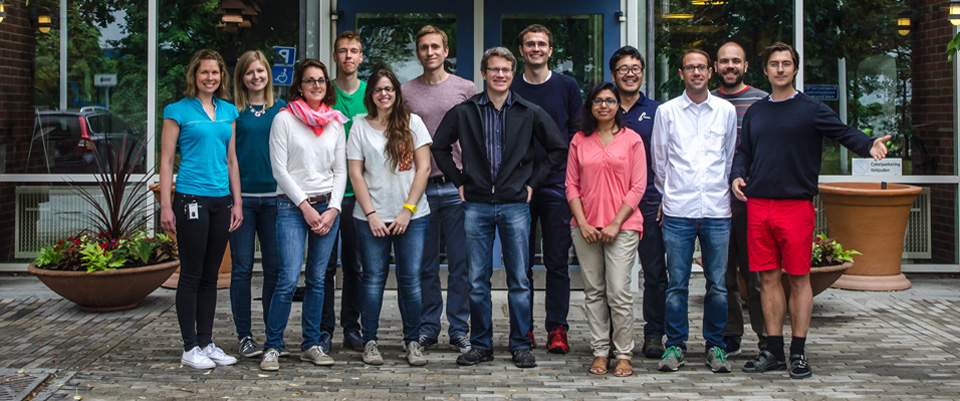Blog Category Academics
Not for love or for money – why do a PhD?
Useful article in The Guardian
"The prestige power of the PhD is however on the wane. With mass education, the number of doctorate holders has increased exponentially, so that the elite membership and the high social status that comes with it is weakened. Especially in connection with a decrease in salary size for university professionals, doctorate holders are perhaps now not seen as exceptional but quirky: why choose to specialize narrowly, work so many hours, and for so little pay when one could get a more lucrative employment elsewhere?"
Rethinking graduate education
A useful editorial by Alan Leshner in Science that highlights the obvious problem that academic science is facing in the training of graduate students. Simply put, the vast majority of students who pass through graduate school will not have careers in academic science. However, the majority of training is focused on academics and other career paths are often considered to be of less value. Clearly unsustainable. All ponzi schemes fail eventually.
"What is needed is a fundamental system analysis and reconfiguration that results in graduate training programs that are better designed to meet the diverse career needs of today's students."
A man for our season
And as our vineyards, fallows, meads, and hedges,
Defective in their natures, grow to wildness,
Even so our houses and ourselves and children
Have lost, or do not learn for want of time,
The sciences that should become our country. Henry V, V, ii 54-58
An interesting piece on the malaise afflicting science. The point that I find most poignant is that the article was written in 1997 - yet could easily have been written yesterday. What does this say about the ability of the scientific community to address the significant issues facing the very foundation of academic science? Concerns raised almost 20 years ago are if anything even more valid today. Particulary the words "Can politicians be educated to know what science is and to value it for its long-term benefits, rather than putting their trust in the new cult of short-term management?" The answer would unfortunatlely appear to be no.
WHY SO MANY YOUNG SCIENTISTS ARE PUSHED OUT OF ACADEMIA
A rather frank but fair comment on the nature of the PhD process (link). The odds of obtaining an academic appointment are consistenly getting worse. Even if you are one of the lucky few to obtain a position, chances are that you will be expected to cover your own salary, lab expenses including rent, overhead, administrative support etc - with no hope of tenure in sight. A further indication that the academic process is broken??
Rescuing US biomedical research from its systemic flaws

It has been clear for quite some time that there are an insufficient number of academic positions available for all of those who want to pursue an academic career. However, another question that is asked less often is how many of those individuals should pursue an academic career. An academic career is clearly not for everyone and nor should it be. The reality is that the majority of PhD students and postdocs will not become PIs at an academic institution. I think that one of the primary problems is that the academic community still pretends that we are only training future academic researchers - and even tends to look down upon those individuals who choose a different career path. This is statistical madness. We know that the odds of anyone from our research group securing an academic position are vanishingly small, yet we continue to pretend that we are only training academics - and that is all that is valued. Clearly the nature of the PhD and postdoctoral experience need to be broadened to encompass the range of career opportunities available to someone with critical thinking skills and analytical training.
Is Higher Education Worth the Price?
Interesting piece from the Economist on the return for investment on higher education. Given the associated costs, perspective students really need to be clear on why they are pursuing higher education.
Rescuing US biomedical research from its systemic flaws

Having an impact (factor)

While a little dated, this is a nice take on the ludicrous nature of the use of impact factors in academics












Leave a message